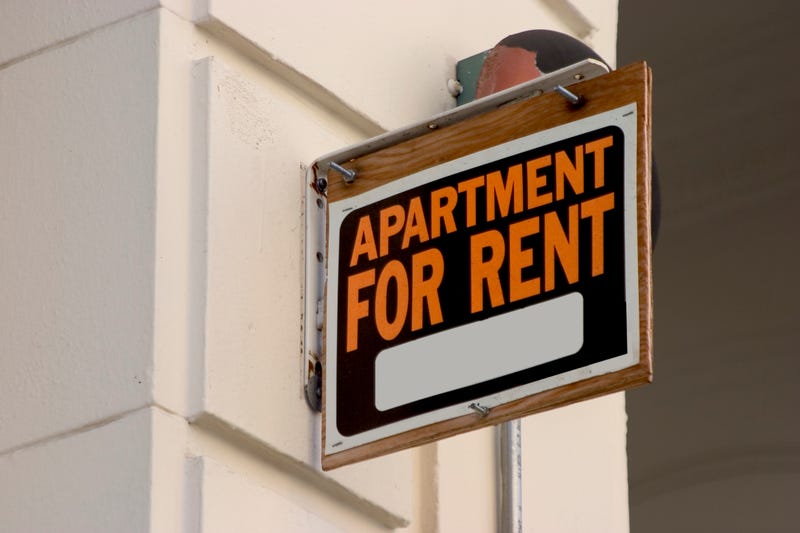
PHILADELPHIA (KYW Newsradio) — Philadelphia City Council recently passed a law requiring landlords to use strict guidelines when screening new tenants.
Community Legal Services Managing Attorney of Housing Policy Rasheedah Phillips said the Tenant Screening Act provides fairness for tenants, and gives landlords guidelines on what they can and cannot ask tenants.
“What it requires is that landlords give all tenants who are seeking to apply for a unit a copy of their tenant screening policy," Phillips said.
"It creates fairness and transparency around what tenants are applying for, what information is going to be considered when the landlord screens down for residency.”
The law says landlords cannot reject a tenant based only on low credit scores, previous evictions or eviction filings. It also states that landlords must give tenants a written explanation, and allow a tenant to dispute inaccurate information.
“The Renters Access Act is also a race equity tool, because we know that the people who are most likely to face eviction or to be impacted by evictions are black women and their families," Phillips added.
"It's also a tool that will help bring equity into the housing market.”
Phillips said she sees many tenants who have good jobs now, but had eviction filings years ago that are still preventing them from getting stable housing. She believes this law will go a long way in fixing that issue.
She said the conversation goes something like this.
"'I have a new job. My new job is great, but I can't get into housing because this eviction record is still showing up for me.' So those kinds of circumstances, this is meant to address," Phillips said.
"Why would you want to turn away someone who has a great job who can pay their rent, but they had an eviction seven years ago?”
She said this law is crucial now, because many people could be facing evictions from the COVID-19 pandemic which no one could have predicted.
“We are seeing more renters than ever who will potentially face eviction, potentially face housing instability after the pandemic, and potentially have eviction records that will follow them (for) life, even though the pandemic is a period of time that (is) no one's fault," Phillips said. "They were placed in unstable situations.”



